Crack(er)ed it! Food Science students win Ecotrophelia UK finals
October 11, 2022
Megan Holden, Katy Tolson, Laura Hill and Kieran Spouge were the winning team from UoN at the UK Ecotrephelia competition finals. Ecotrephelia is a competition for the creation of eco-innovative food products. The team are final year Food Science & Nutrition (Megan, Katy and Laura) and Food Science (Kieran) students. We spoke to them about the competition, …
Antibiotic resistance and AI: New role for Dr Tania Dottorini
October 6, 2022
Dr Tania Dottorini, Associate Professor in Bioinformatics and a member of the Future Food Beacon, is taking up a new position (alongside her day job) as the Director for the Centre of Smart Food for Health (CSFH), at the University of Nottingham Ningbo Campus. Dr Dottorini, based in the School of Veterinary Medicine and Science, …
Our technology platforms: AEDNA
August 8, 2022
Over the next few weeks we will be featuring stories about our different technology platforms, their work and research, and the facilities available to researchers. These are also featured in our 2021 Annual Report. Today, we turn our attention to our new Ancient and Environmental DNA laboratory. We are very pleased that our Ancient and …
Our technology platforms: Genomics
August 1, 2022
Over the next few weeks we will be featuring stories about our different technology platforms, their work and research, and the facilities available to researchers. These are also featured in our 2021 Annual Report. First up, we look at the genomics facility: Deep Seq. The Future Food Beacon invested in numerous items of equipment to increase …
RADIANT: Realising dynamic value chains for underutilised crops
October 13, 2021
Biodiversity is hugely important for the functioning of natural systems, and restoring biodiverse ecosystems is an essential part of our fight against climate change. Biodiversity is key to food, nutrition and economic security, particularly for small farmers and farming communities in rural areas. There are around 259,000 plant species on our planet, of which 50,000 …
Evolving grass pea from ‘orphan’ crop to staple food
September 8, 2021
This post is written by Drs Peter Emmrich and Levi Yant. Malnutrition from protein deficiency is a widespread problem and concern. Populations in the developing world are at particular risk due to the higher costs of animal proteins when compared to plant proteins. These populations therefore tend to rely on protein-rich plant-based foods like beans, …
The National Food Strategy: Rebalancing our ‘protein economy’
August 3, 2021
This post is written by Prof Andy Salter. July saw the publication of the long awaited second part of the National Food Strategy. Part 1 of the report was produced in July 2020 and was originally intended to provide an overview of the strengths and weaknesses of the UK food system. However, this was ‘hijacked’ …
Diversity of duckweed sites in Elgin, Scotland: Part four in a botanical tale of exploring natural variation around us
July 28, 2021
This post is written by Kellie Smith. After a successful duckweed hunt in the South East and West of England, featured in my previous blog posts, we then made our way north. We were headed to Scotland to see whether duckweed coverage was equally dense as in southern England and if different species compositions prevailed. …
A tale of rhynes and reens in the South West corner: Part three in a botanical tale of exploring natural variation around us
July 21, 2021
This post is written by Kellie Smith. See her previous posts about the great duckweed hunt here. The next exciting stop off point on our duckweed tour is the South West. In this case, the South West region refers to the ridge between Wales and England – Bristol, on the English side and Newport, on …

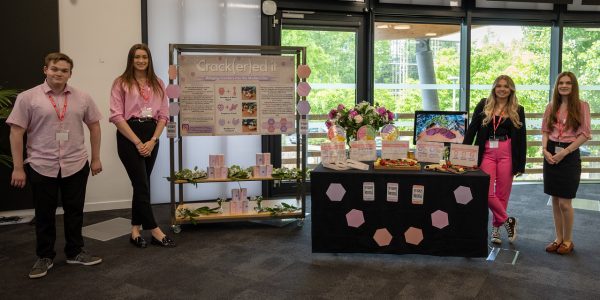



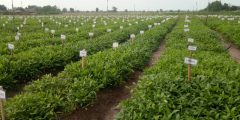
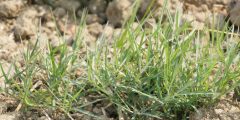
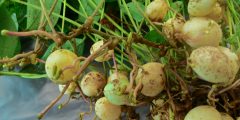
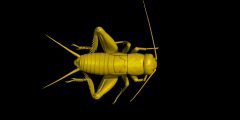
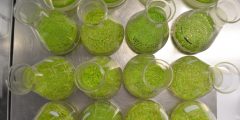
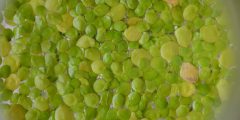
Recent Comments